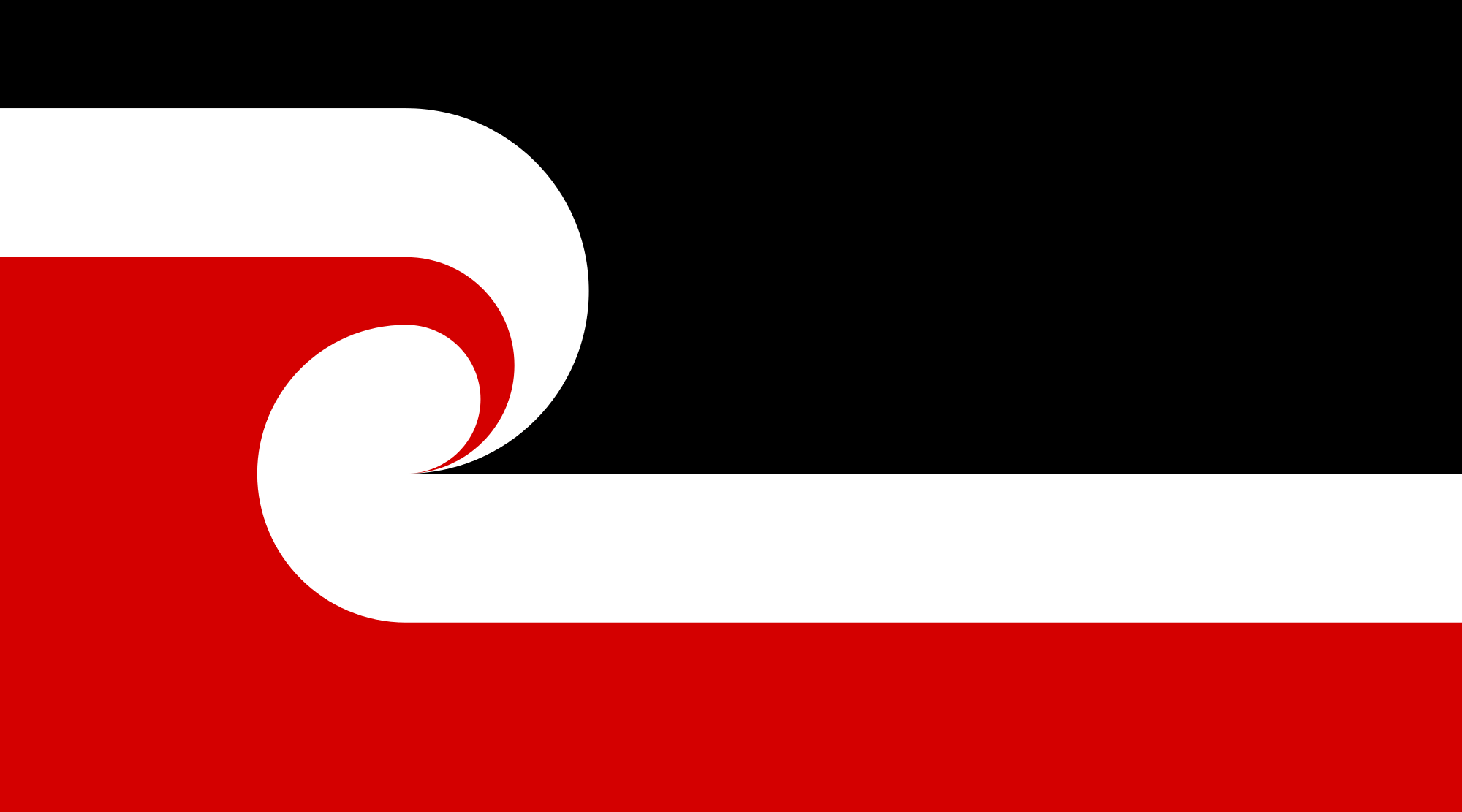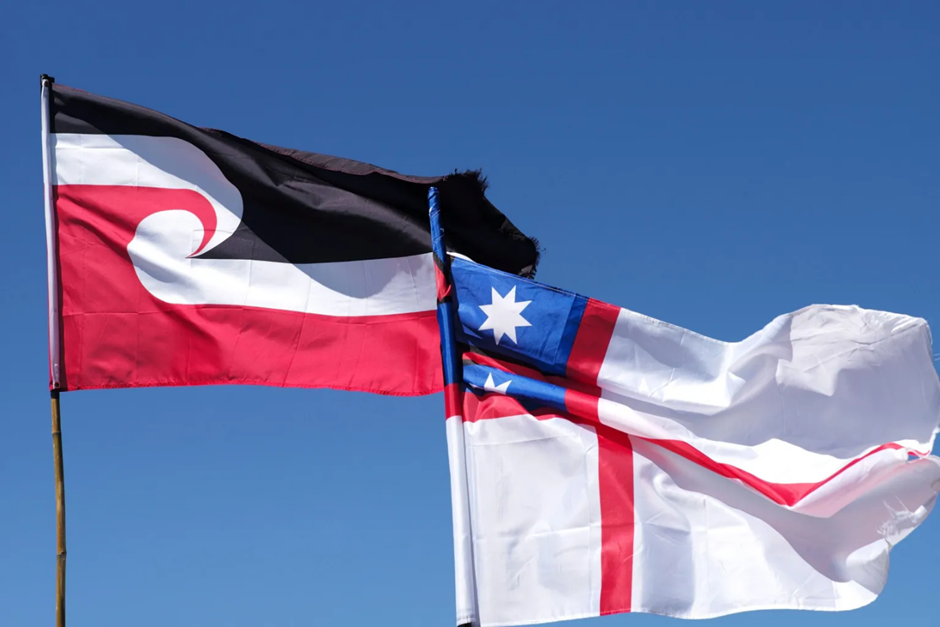Introduction
A review and comparison of Māori with Native American Indian rights, based on the award winning research “Uncharted Domains and the New Land Rush: Indigenous Rights to Top-Level Domain”; Miss Lucy Yan, accessed via http://www.law.asu.edu/LinkClick.aspx?fileticket=67fmPnuMWEY%3d&tabid=803 .
Background information about the author and her research here
Yan discusses the colonisation of the Internet Domain Name System (DNS) and its social and economic consequences that affect Indigenous Peoples of the world by concentrating her research primarily on Native American Indians and sovereign nations via discourse and research into CCTLD’s and the introduction of new GTLD’s.
I compare Yan’s research with Māori who are also featured in the research and then I introduce International Domain Names to this comparison paper, which like new GTLD’s have ignored Indigenous Peoples and any non-English speaking group.
Indigenous Peoples denied access to their own Domain Name.
Yan highlights the fact that Indigenous Peoples including Māori are not entitled to their own Top Level Domain Name (TLD) as most countries have, such as .nz for New Zealand and that by doing so, Indigenous Peoples have suffered economic, cultural and Intellectual Property theft.
The fact that Indigenous Peoples around the world who are recognised as having legal sovereignty by the country they reside, were colonised in, and by the United Nations, are denied the right to their own identifying mark in the Internet Domain Name System.
The system for allocating Country Code Doman Names (CCTLD) was decided upon by an engineer John Postel. The criteria is published online and despite widespread growth of Internet governance bodies such as ICANN, non-English speakers using the Internet and the Internet becoming an essential part of many peoples lives: Indigenous Peoples and to a large extent non English speaking cultures have been ignored as having rights to their own identity with the Internet Domain Name System.
For Indigenous Peoples to have their own Internet Domain Name to identity then as a sovereign nation or culture, they must spend upwards of US$1,000,000.00 . For Māori, the cost is likely to be at least US$2,000,000.00 with a possibility of another US$1,000,000.00 to accommodate orthographic conventions with written Māori .
Intellectual and Cultural Property Rights abuse.
The large investment required for a new GTLD is the only way to secure an online identity that is safe and prevents the status quo of gross breaches of Intellectual property theft, financial loss and personal humiliation. This is assuming that the name is not pre-registered by commercial entities as we are already seeing in the new GTLD process by ICANN. In the first round of applications for a new GTLD, commercial organisations are taking advantage of Indigenous Peoples and culture groups rights by applying for Indigenous and culture names such as .indian, .latina etc,.
The same issues that are occurring here in New Zealand with Māori have been occurring to other Indigenous Peoples in the world. It should be noted early on, that the damage to Māori is significant, but not at the same scale as Native Americans as described in the Yan’s research.
Yan raises the issue that the worlds Internet Governance bodies, including ICANN do not have an Indigenous representative or advisor for intellectual property rights issues. New Zealand is similar where a clear Indigenous gap exists with the disputes of domain name registrations, yet the Domain Name Commissioner’s Dispute Process caters well to non-Indigenous Issues . The organisation do state on their web site that they are open to suggestions.
To use the Domain Name Dispute Resolution in New Zealand, you must prove that you have some form of right or ownership to a name that has been registered as a domain name. Māori culture generally does not claim ownership to names of tribes, gods and place names. In the few cases where an ownership could exist, it would identified with a story but not as a Patent or TradeMark as is required to dispute any Indigenous domain names in New Zealand.
Yan discusses a number of remedies for Native American Indians to dispute inappropriate registration and usage of domain names, all of which are very expensive and require a large amount of money to fund. Māori are not effected to the same extent due to population. The small population of New Zealand means it would not be financially viable for Intellectual Property theft on the scale Native Americans are enduring but Māori are still liable for the same costs of any should the same disputes occur outside of a .nz domain name.
Indigenous Domain Names.
The issues Native American tribes have with Intellectual Property theft and fraud of their tribal names is not an issue that hugely effects Māori Iwi, as New Zealand have the moderated domain .iwi.nz which only allows Māori tribes to register in that domain name. While some Māori tribes choose to register in other domain names, their web sites and content must be questioned and protective steps taken to ensure the web site is a genuine tribal web site or not.
Native American Indians have two similar domains to .iwi.nz: .nsn and nsn.gov, these like the early days of .iwi.nz are restrictive and do not apply to all Native American Indian tribes. Unlike Māori, Native American Indians live in a country where the world’s most popular domain name is also their country’s primary domain: .com . Due to the popularity of .com, Native American Indians are more open to online identity theft and abuses than Māori, primarily as Māori usually only have to contend with .nz domains. But again, I suggest as the Internet grows and tourism to New Zealand expands, we could face the same issues as Native Americans in the .com area unless Māori brand themselves appropriately in the .maori.nz domain name. In the meantime, Māori tribes are still vulnerable to the same issues as Native American Indians with domain names outside of .nz and the fact that many popular Maori web sites use .com as they believe their audience identify more to a .com than .co.nz or .maori.nz: Māori Television and the Māori Party are just two examples.
Ignorance of Indigenous needs at the CCTLD.
Yan explores the issues that a country domain does not have to be controlled by a government, but can be controlled by any organisation. In New Zealand the domain name .nz is governed by a Not For Profit organisation who does not have a direct obligation to the Treaty of Waitangi or The Māori Language Act.
In New Zealand Māori as an official language and as a country is known by its Indigenous and colonised name Aotearoa/New Zealand. Yet Māori are still not able to have their own identity in the New Zealand Domain Name system or an alternative to .nz.
In 2007 a request was made to the New Zealand Internet governing body to offer the domain name structure bilingual in accordance with the law, but it was denied . In 2012 a negotiation with the private company .kiwi resulted in a bilingual alternatives being considered when the new GTLD is created .Kiwi .
International Domain Names.
Yan doesn’t mention the long history of the Internet Domain Name System being only in English characters and the myriad of issues ICANN have in regards to International Domain Names (IDN’s) which are non-English characters. Again via IDN implementation, the Intellectual Property Rights and rules of ownership were based on English language as opposed to non-English language and non-English cultures. While the world’s most popular languages such as the main Asian and Middle Eastern scripts are well represented, there has been no consideration for minority Indigenous Peoples.
For Pacific Islands Peoples who use a glottal stop as a character to represent their languages in written format, they are denied the right to use the glottal stop within their own CCTLD and any other TLD and GTLD due to technical issues in the Domain Name Servers. Instead, there are alternatives offered that will not be compatible with standard keyboards.
At the time of writing, these issues are still being debated.
Conclusion.
The only way forward for Indigenous Peoples is to work together within the structures of the world’s Internet governing bodies such as ICANN and to be heard and to apply pressure to the leaders who can make change.
Māori such as any other Indigenous Peoples in the world are still vulnerable on the Internet to many abuses while the Internet governing bodies continue to ignore Indigenous Peoples Intellectual Property Rights and customs.





Leave a Reply
You must be logged in to post a comment.